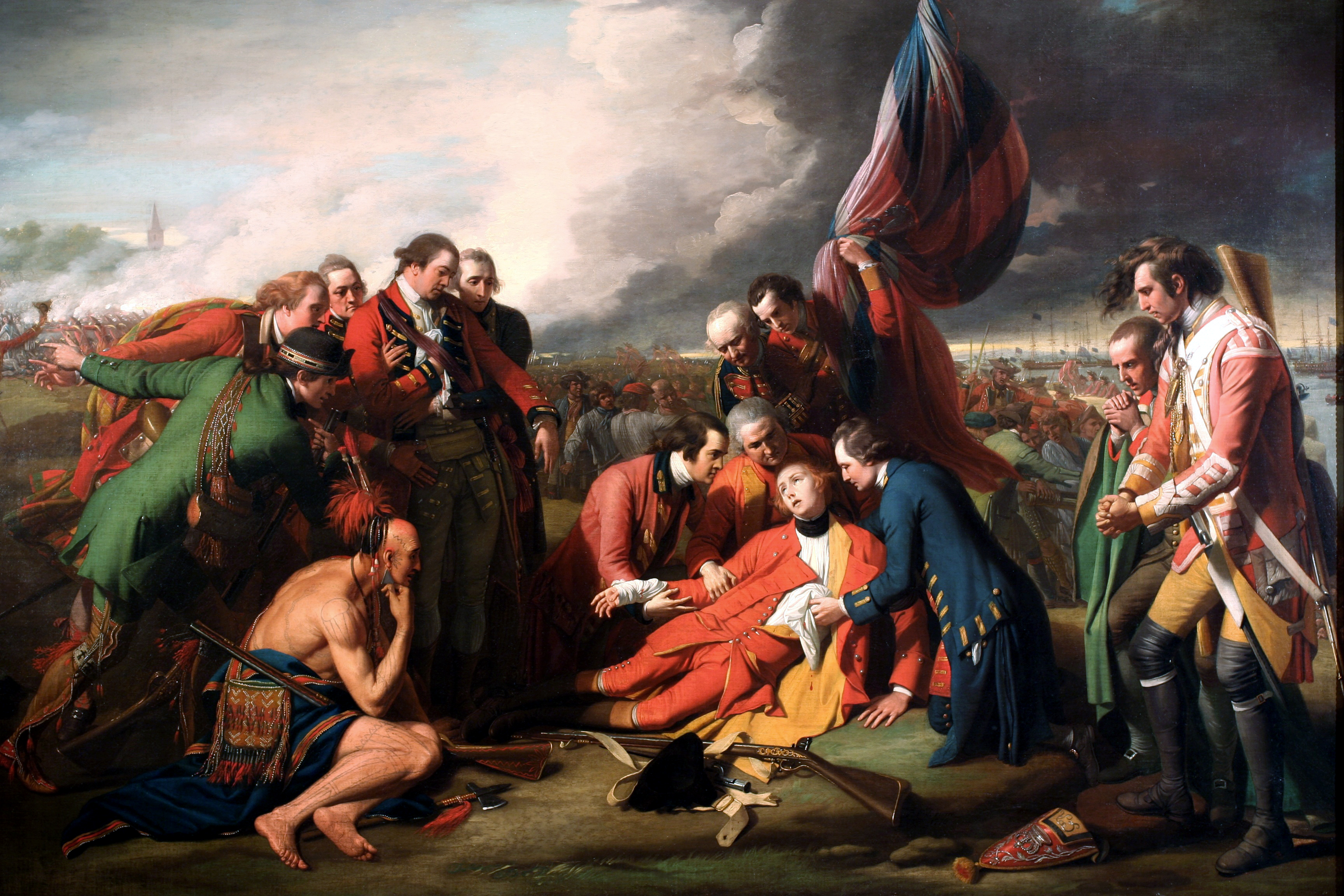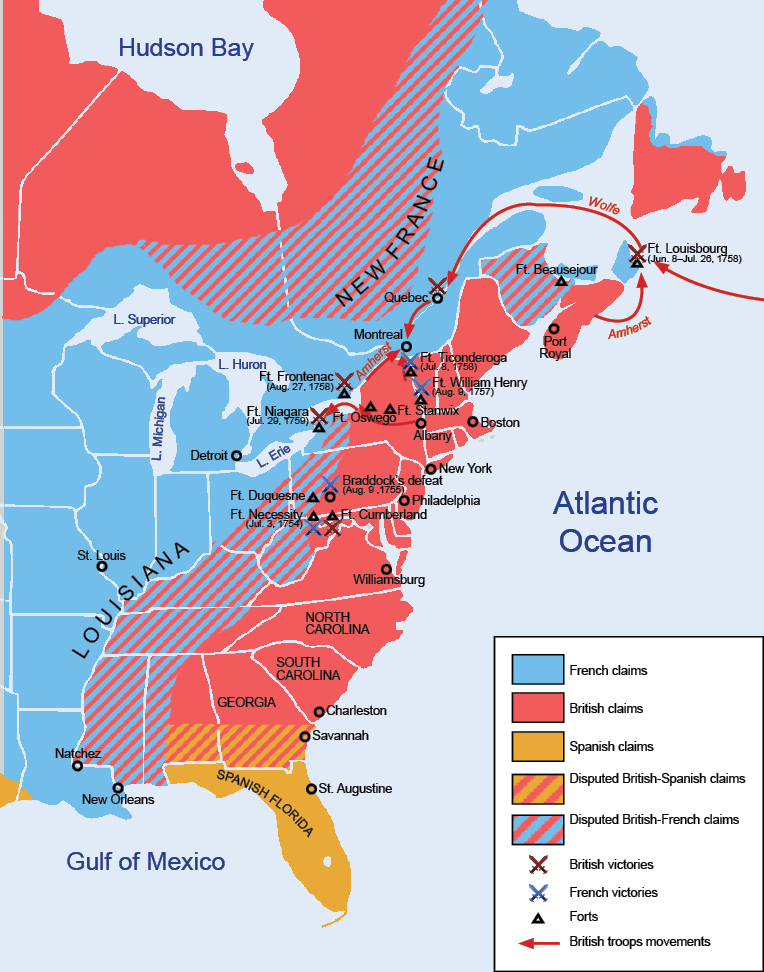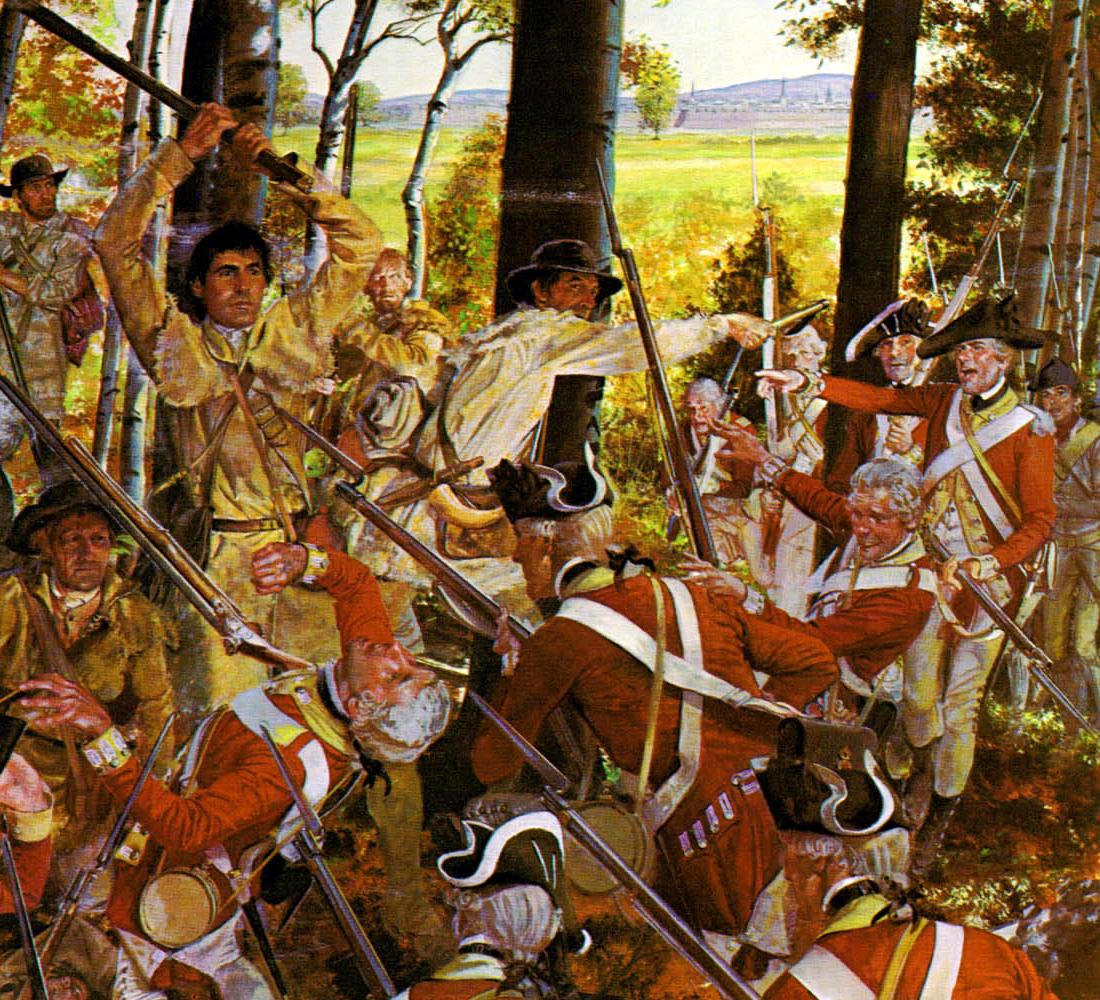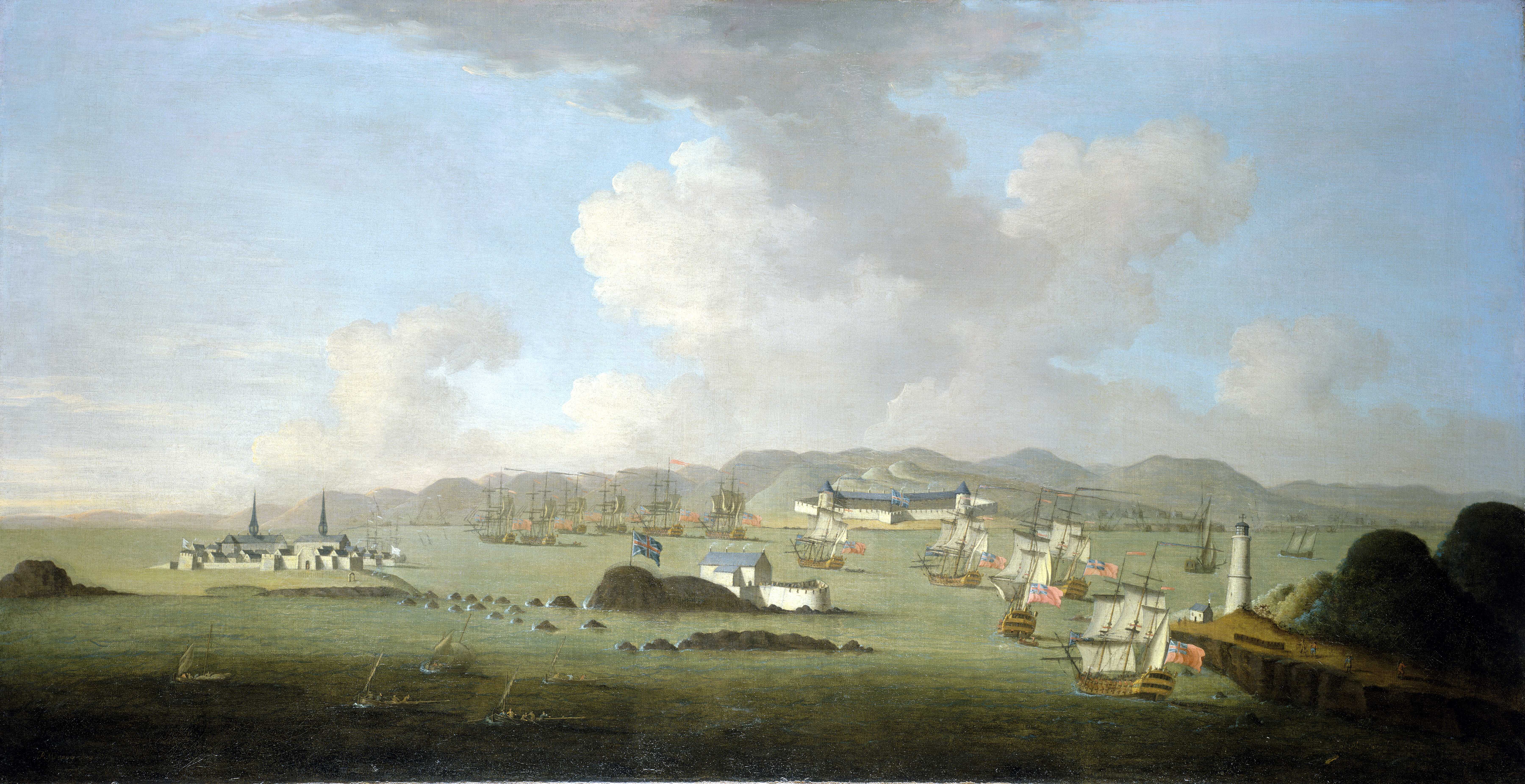Cassidy's Blog
ordo ab chao
Category: Grade 9 (page 1 of 2)
Shakespeare’s England
English 9
When and where was Shakespeare born? Shakespeare was born on April 26, 1564 in Stratford-on-Avon. He was the son of John Shakespeare and Mary Arden.
Why was this time period called the Elizabethan period? The Elizabethan era lasted from 1558-1603 and was during the reign of Queen Elizabeth I. Queen Elizabeth became Queen on November 17 1558, after Queen Mary I (a Roman ho was not liked very much by the people) died. Queen Elizabeth was Protestant and the people liked her very much. Her reign was called a ‘Golden Age’ for Britain
Describe the system of government during Shakespeare’s time. The government was a Monarchy at the time, which meant one person (Queen Elizabeth I) held all the power.
Describe the social structure of the time. The social hierarchy during Elizabethan England went like so, Monarch (Queen Elizabeth), Nobility, Gentry (gentlemen and gentlewomen- people who did not work with their hands for a living. As well as Knights and squires.), Merchants, Yeomanry (people who had enough money but who could at any moment through illness or other such bad luck would be poor. This included, farmers, tradesmen and craft workers.), and at the bottom of the hierarchy Labourers which was pretty much anyone who did not own their own land.
How were women dressed? Depending on what social class a woman was in would dictate what colour, fabric and martial her dress was made of. A law called the Sumptry Law told the women of different class what colours they could wear. Upperclass women could wear purple, red and gold. Lower class women could wear green, yellow and brown. http://b86a38.medialib.glogster.com/media/43bba03adc2f913b45349be121f9994d5e5602a29916cb95d3a92d5c478d98a3
Describe the typical hairstyles. The hairstyles of upperclass women were usually very elaborate and during this era the men spent just as much time on their hair as the women. Queen Elizabeth wanted them to have big and fancy hairstyles to match their style of dress. http://37.media.tumblr.com/tumblr_ljrxwj94841qdzmdio1_500.jpg
Describe crime and punishment during Elizabethan England. The crimes and their punishments varied from the Upperclass to the Lowerclass. In the upper class it would be more likely for them to get charged with treason than any other crime, treason usually resulted in beheading. The Lowerclass if charged with theft or trespassing would be branded with a hot iron.
Describe healthcare. Doctors used herbs as medical remedies. Doctors and Physicians usually had no idea what was causing the any disease and sicknesses that plagued England during this time. Often Doctors would leech a patient in hopes of getting rid of “bad blood”.
What was the terrible disease during the 1500s? How many people died? The disease was the bubonic plague, commonly called “Black Death”, it was spread by rats. It killed 43 million people world wide.
Describe the Elizabethan education system. Usually only upper and middle class boys were given an education. Education at the time placed a heavy emphasis on religion, reading and writing.
Sources:
http://www.eyewitnesstohistory.com/punishment.htm
http://thelostcolony.org/education/elizabethan-era/
http://www.william-shakespeare.info/bubonic-black-plague-elizabethan-era.htm
http://en.wikipedia.org/wiki/Elizabethan_era
Throughout the course of The Curious Incident of the Dog in the Nighttime , Mark Haddon tells the story of Christopher Boone, a 15 year old boy investigating the murder of his neighbours dog, Wellington. This novel about becoming independent shows us that no matter how much dependence we have on other people, we can do whatever we put our minds to. Christopher’s mental disabilities made him feel very dependent on his Father and the other adults in his life. Christopher was also very dependent on himself and all his systems. Through his journey of discovering who killed Wellington, Christopher discovers that he doesn’t need to be dependent on people.
How did Christopher’s decision to find out who killed Wellington impact his life? Throughout his journey of finding out who killed the dog, Christopher not only learns how to became independent and to not depend on his family so much.

A young boy leaving his home, becoming independent
Photo credit: http://www.proprofs.com/quiz-school/upload/yuiupload/1674601636.jpg
Summer Shower by Emily Dickinson
presentation by Arden Sparvier (first half- until “the dust replaced in hoist roads”) and Cassidy Ewart
Alfred Higgins: A Character Analysis
In the short story the Years of Her Life, Morley Callaghan introduces us to the character Alfred Higgins, a teenager on the edge of adulthood. Alfred Higgins seems a normal teenage boy since Callaghan describes him as “fierce with indignation” when he is caught stealing from the drugstore. Later when his mother and him are on the street walking home from the drugstore, he is described to be relieved and thankful, shown as “the excitement and relief was still pretty strong in him.”. Like any normal teenage boy, he’s relieved and happy that his mother got him out of trouble, however he feels afraid when his mother calls him “…a bad lot. God forgive you.”. This shows that is not your stereotypical teenage boy no matter how much he trys to be ( “he said in his old, blustering way.” ). To begin with Alfred is a little boy who wants and needs his mother, but in the end he realizes his mother needs him too. She needs him to have a good life and not get in trouble anymore, and Alfred’s defining moment is when he realizes that “his youth ended”.
In her short story, the Friday Everything Changed, Anne Hart began the story with the word “Tradition”, throughout the story Hart has her characters challenge the idea of their traditions. The story starts with one of the characters, Alma, asking if girls could carry the water bucket too. This was a job normally reserved for the boys. Hart wrote her story to show how even children can challenge their traditions for something more equal. This story was a case of man vs society or girls vs boys, and in the end the girls win.

General Wolfe dying at the Battle of the Plains of Abraham
The British are here now at Louisbourg to attack us, we are not prepared. The British and the French are now at war.The attack did not last long, we tried our hardest to defeat the British but they won. A few of us were lucky enough to escape, but not until after Louisbourg was completely destroyed. Fort Frontenac, was captured by the British, some soldiers told me. Soon after Fort Duquesne was also taken. I and all the other surviors are heading to Quebec. I see the British soldiers in a two person deep, mile long line in front of us. We shoot first, but then the British start firing and our men become disorganized, I know that the battle is over when we flee the battle with Scottish Highlanders chasing us as bagpipes play. the haunting sounds of their bagpipes . In 15 minutes the battle was over, Wolfe has died, Montcalm has been mortally wounded, and Quebec has been taken by the British. We have retreated to Montreal. Now it is just a wait to see who’s reinforcements arrive first we waited in Montreal for hoping for it to be the French who arrive first, but the British reinforcements arrived before ours. We surrendered and the British now have claim over these lands. We are allowed to return to our homes but most of the land and farms have been destroyed. The British haven’t changed very much in New France, they have allowed us to keep our culture and religion. The Treaty of Paris has been signed and France has surrendered everything in New France and Acadia to Britain except for two small islands, called St. Pierre and Miquelon.

North America prior to the Seven Years/ French and Indian Wars

The Battle of the Plains of Abraham

Fort Frotenac during the short seige

North America after the Treaty of Paris

The Battle of Montreal
The fishing here at Louisburg is bountiful, you could dip a net into the water and it would be teeming with fish. There are so much fish it is hard to blame the English for wanting some. But the fort, Halifax, they have built across the river, at the request of the New England colonists is still worrying. Louisburg is poorly constructed but I feel that it is still strong enough. It does it’s job as the head of naval and fishing operations in New France quite well. After the Treaty of Uhtrecht, Nova Scotia and Newfoundland were given the British. The rest of Acadia remained with France luckily. I and the other Acadians unfortunate enough to be on British land were given a year to leave, but many of us had remained neutral. We were asked to take an oath of allegiance to the British crown but we all refused, as we did not want to fight against the French. Another war seemed to be brewing in Europe between France and Britain and the governor asked us to take an oath of allegiance and we refused as we had before. All who refused to take an oath of allegiance were to deported. Many of my neighbours and extended family went to the other British colonies, but I went to the remaining French colony of Louisiana, behind us all I can see is the devastating fires that burn our homes and possessions.

The expulsion of the Acadians

The deportation of the Acadians

A plan for the siege of Louisburg

The founding of Halifax

The capture of Louisburg
Some of the children from the school the other Ursuline Nuns run, came to the hospital today with the flu. One of the kids who was able to talk kept on asking about his brothers and sisters, he told us his older brother Joseph was working under the bishop and was in charge of placing the nuns in missionaries with the native peoples, or in different seigneuries, or at different hospitals all around New France. One of the other children was very scared that her uncle was going to have to come and record her death like he had her birth. A priest came in and conducted mass for all the little children, and helped soothe a little boy who wanted to wrote his will. It is amazing how much good the church does in New France

Ursuline Nuns working in a hospital

Churches were a crucial part in seigneuries
I and the other habitants brought our dues to the seigneur today, I haven’t been inside our seigneur’s manor since the opening of the mill. Since the mill opened many new settlers have to come to our seigneury. In the fall you can see all the people working in the field, all the mothers with their children and all the men working together. On Sunday all the people of the seigneury gather at the churches for morning mass. Here are lives are centred around the manor, the crops and the church. In spring we plant our crops and harvest the sugar along with fishing, in summer we cultivate and week our crops and in the fall we harvest all the crops and slaughter animals for winter. It is a very tedious life.

Habitants paying their seigneur their dues

A seigneury in New France
© 2024 Cassidy's Blog
Theme by Anders Noren — Up ↑


Recent Comments